Why young woman is at peace with voluntary assisted dying
On Wednesday Lily Thai will die. It sounds incredibly stark but it’s a decision the young woman has made herself.
On Wednesday, Lily Thai will die.
It sounds stark but it’s a decision the young woman has made herself.
The 23-year-old from Adelaide, who suffers from Ehlers Danlos Syndrome (EDS), will use recently passed voluntary assisted dying laws, after signing the final paperwork last week.
In January, South Australia legalised assisted dying with the government committing $18 million over the next five years to supporting safe access to the service.
“I realised that I can’t have any more anaesthesia, so I (couldn’t) have any more feeding tube changes (or) surgeries,” Ms Thai told The Advertiser.
EDS is a truly debilitating disorder which has left Ms Thai completely bedridden and in constant pain.
It affects her joints, skin and walls of the blood vessels to the point she is completely reliant on her father as a caregiver to do everything for her, “even the most intimate things”.
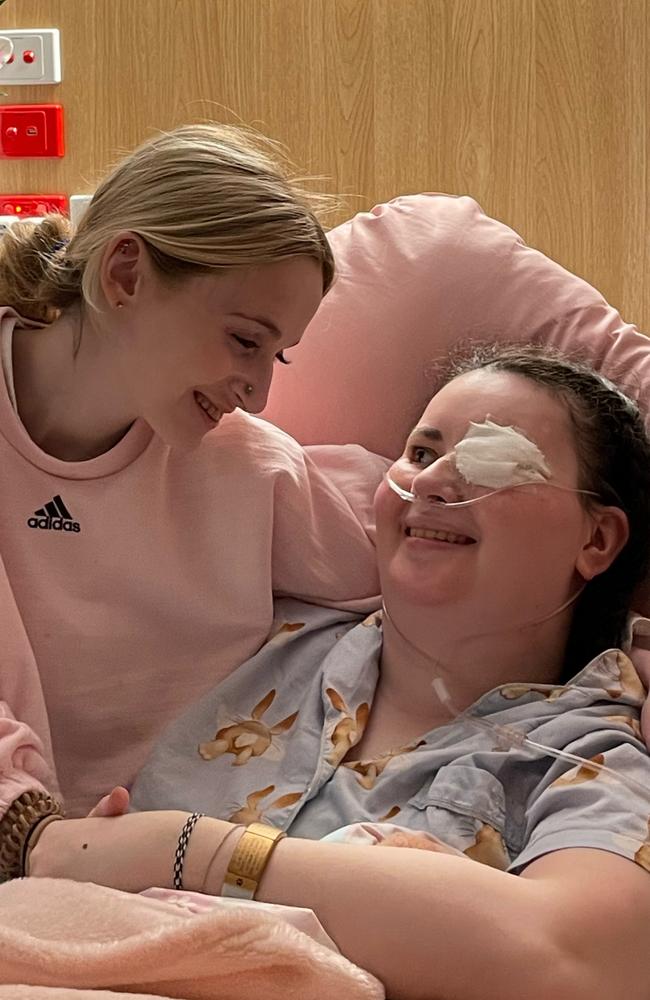
On Wednesday doctors will administer an IV medication that will terminate Lily’s life within 10 seconds.
Her family are shattered but they respect her decision and don’t want to see her suffer anymore.
“I’ll no longer have any pain, I will no longer suffer with any of these issues, and I’ll finally be free of all the suffering that I have endured for so many years.”
Downward descent
Ms Thai initially thought her health deterioration was caused by a spinal fluid leak, but after undergoing treatment to fix it, her condition never improved and doctors were unable to give her a definitive diagnosis.
As a desperate last measure, she travelled to Sydney to meet a surgeon who “specialised in spinal issues (for) patients with EDS” when she was 21.
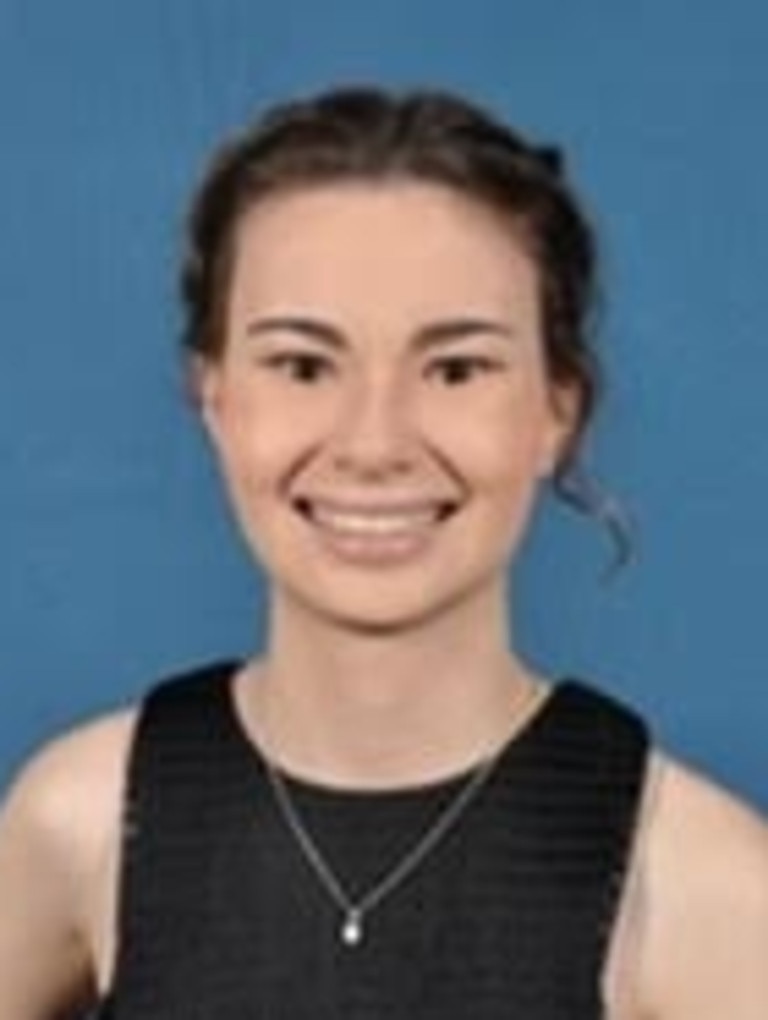
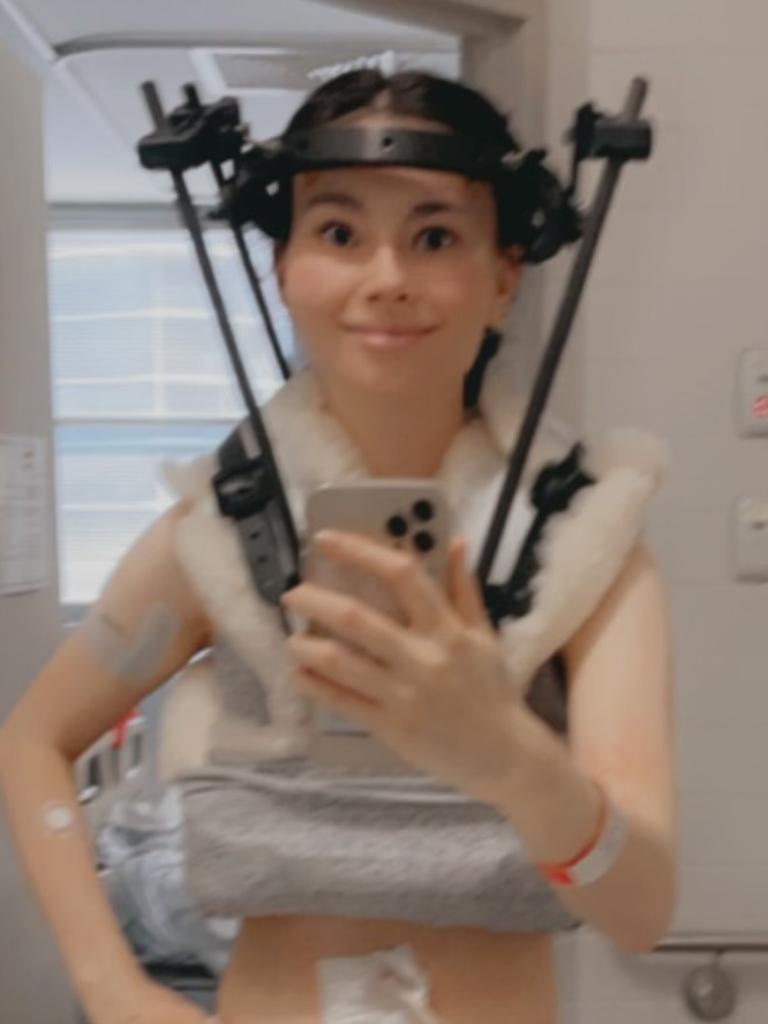
By then, she was confined to a halo brace and required a nasal feeding tube because she “couldn’t’ keep anything down,” and weighed just 40kg.
In May 2021, she had spinal fusion surgery and, a week later, was fitted with a gastro Jejenul feeding tube to vent out stomach acid and secretion.
During her rehab, hospitals were under strict Covid-19 protocols, so the young woman endured the experience alone without the comfort of visitors.
“I couldn’t stand not seeing my dad, so I got discharged early,” she said.
She later was diagnosed with auto-immune autonomic ganglionopathy – a rare condition, where the body’s immune system attacks the nervous system.
“The neurologist said that I was in multi-organ failure, but it wasn’t until I had a severe decline after one of my surgeries, (and) when I saw my rehab doctor they found a large lesion of the left side of my brain,” she said.
“He suspected I had a type of motor neurone disease.”
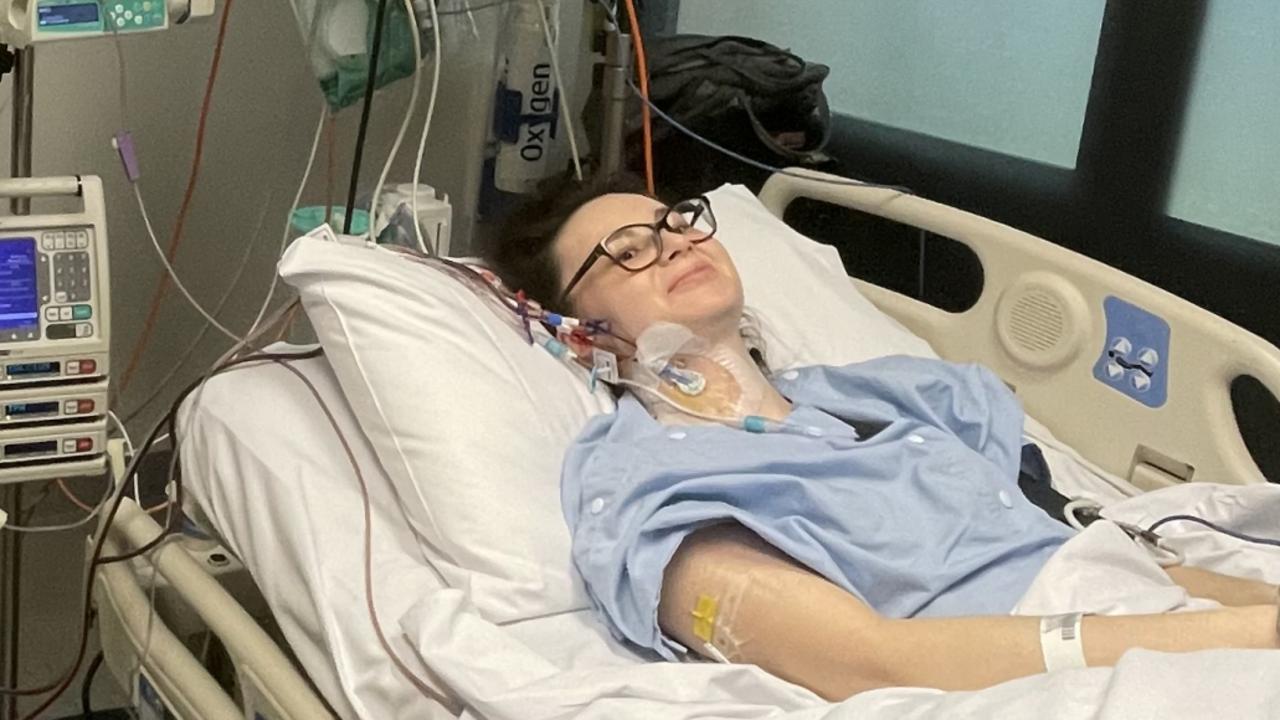
Meaningful friendship
Ms Thai has spent the last two years at Flinders Medical Centre’s Laurel Hospice, where she said most of her days are filled with sleep to avoid being in “excruciating pain”.
A friendship with another young woman suffering a terminal illness at the hospice, Annaliese Holland, has made Ms Thai’s time more bearable.
The pair say young people with a terminal illness often mourn the “life (they) never got to have”.
“For elderly or older people, (they) have memories to look back on to laugh about and cry about,” Ms Holland said. “But for a young person in palliative hospice, you haven’t formed many of them.”
“You never do the normal things like going to your high school graduation,” Ms Thai said.
“What makes me sad is that … you just want to push on, but at the same time it’s really hard because you know you won’t have babies or any of that,” Ms Holland said.
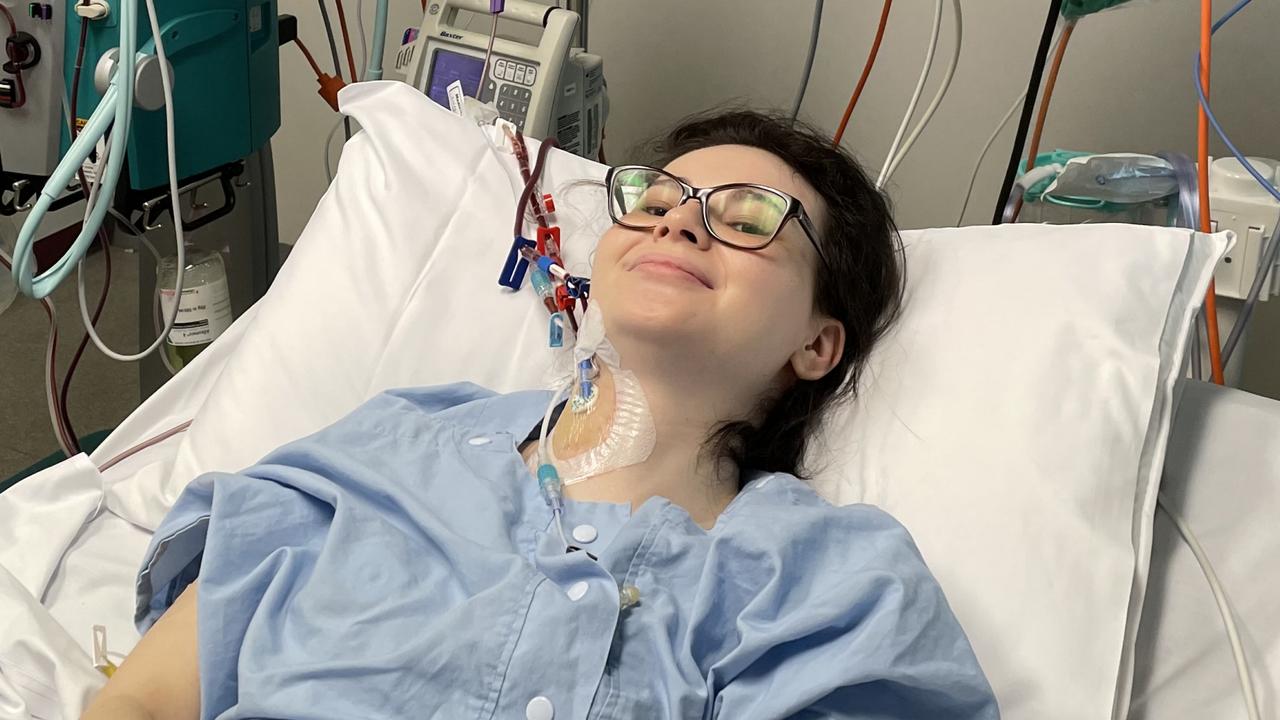
Ms Holland said she’s doing everything in her power to make Lily’s last days in hospice more bearable.
More Coverage
“All I can do is brush her (Lily’s) hair or moisturise her legs. I just want her to know that I’m there and people care,” Annaliese said, crying gently.
Ms Thai has been able to plan parts of her funeral and has been busy saying good bye to family and friends.
As part of her legacy, in lieu of flowers, she’s inviting donations for palliative research to The Hospital Research Foundation on her memorial card, which will be given to funeral attendees.





